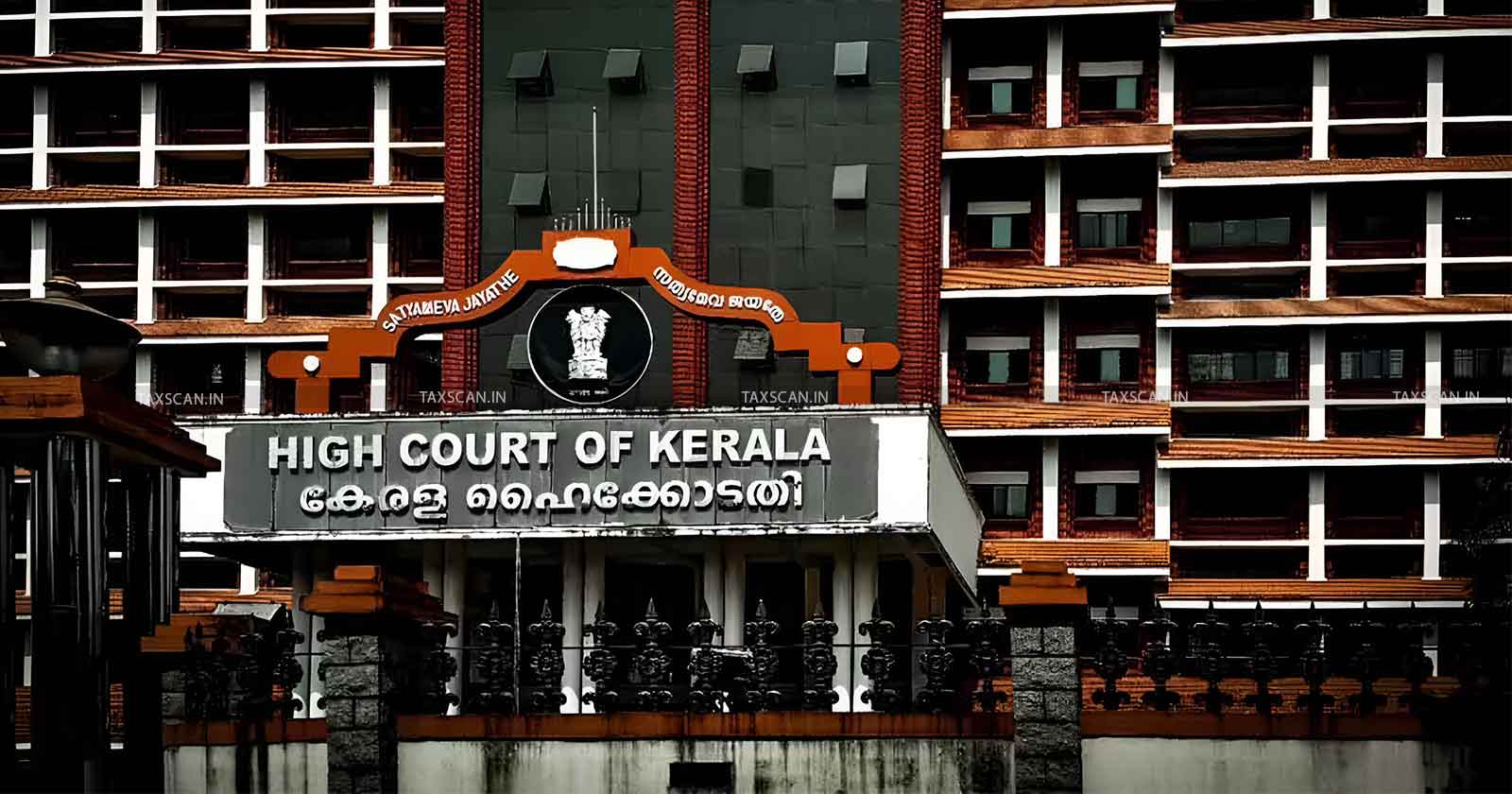Royalty is not a Tax : Kerala HC Dismisses Petition Relying Mineral ‘Area Case’ [Read Order]
The ruling provides a real possibility of various States imposing taxes on mineral rights at different rates.

Kerala HC – Area Case – Petition Relying – mineral rights – regulatory power – Refresh analysis – taxscan
Kerala HC – Area Case – Petition Relying – mineral rights – regulatory power – Refresh analysis – taxscan
In recent judgement Kerala High Court dismissed a bunch of writ petitions relying on the Mineral Area Case held that royalty is not a tax.The bench observed that in the said case, the supreme court (SC) ruled that “there is no direct connection between the taxing powers of the States in relation to mineral rights and regulatory powers of the Parliament in relation to mines and minerals.”
The question of law raised in these writ petitions has been answered against the petitioners by the judgment of the Supreme Court in Mineral Area Development Authority v. M/s. Steel Authority of India [2024].
Become a PF & ESIC expert with our comprehensive course - Enroll Now
In this case, the Supreme Court (‘SC’) held that royalty is not a tax. The court ruled that the liability to pay royalty, even though imposed by the Mines and Minerals (Development and Regulation) Act, 1957 (‘MMDR Act’), arises out of contractual conditions of the mining lease and, thus, the power of the State Legislatures to impose tax on mineral rights and mineral bearing land is not limited by the royalty imposed by laws of the Parliament.
The court ruled that there is no direct connection between the taxing powers of the States in relation to mineral rights and regulatory powers of the Parliament in relation to mines and minerals. The ruling provides a real possibility of various States imposing taxes on mineral rights at different rates.
In light of the observation in the above said judgement, the single bench of Justice Dinesh Kumar Singh dismissed a bunch of writ petitions. However, considering the fact that these writ petitions were admitted and were pending before the Court, it was directed that if any of the petitioners wish to file statutory appeals against the impugned orders, it will be open to them to file such statutory appeals within a period of 30 days from the date of receipt of a certified copy of this judgment.
Become a PF & ESIC expert with our comprehensive course - Enroll Now
Further held that “ If the appeals are filed within the aforesaid period of 30 days, the said appeals shall be treated as appeals filed in time and the 1st Appellate Authority will consider and pass orders on those appeals on merits.”
To Read the full text of the Order CLICK HERE
Support our journalism by subscribing to Taxscan premium. Follow us on Telegram for quick updates


